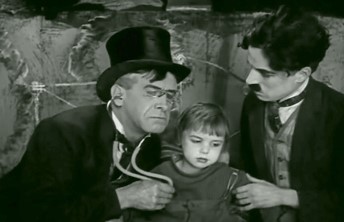More doctors join the push to curb ballooning costs for after-hours services and set new standards in the sector
A new industry group of medical deputisers says it supports a review of soaring costs in the after-hours sector and will work with the RACGP to set new standards for the industry.
The new group has been formed by four long-established after-hours providers that broke away from the body dominated by the private equity-backed National Home Doctor Service late last year.
Dr Nathan Pinskier, president of the newly formed GP Deputising Association, said the group would invite GPs to come on board to recreate a partnership between the College and deputisers.
The Melbourne GP and practice owner, who is the medical director of the DoctorDoctor after-hours provider, said it would work along similar lines to a former RACGP committee on deputising services.
“The original intent was that deputising services work for and on behalf of general practices,” he said. “The entry of corporates that go direct to market has changed all that.”
The GPDA has come out in support of a government review to curb the ballooning costs of for-profit after-hours home-visit services charged to Medicare.
The four founding members are the Sydney Medical Service Cooperative, the West Australian Deputising Medical Service (WADMS) – also known as Doctor Home Visits – Canberra After Hours Locum Service (CALMS) and DoctorDoctor- formerly the Australian Locum Medical Service.
The four split from the National Association for Medical Deputising Services (NAMDS) late last year over a strong disagreement with the body’s ‘Protect Home Visits’ campaign.
The ad campaign and concern over NAMDS’ ability to continue to represent the interests of all members and general practices made it “untenable” to remain as NAMDS members, the GPDA said.
“Members of our association believe that it is absolutely appropriate for the commonwealth government to consider the real cost of the proliferation of after-hours services over recent years,” GPDA vice-president Nic Richardson said.
“ In particular, it is also concerning that patient behaviour seems to have changed recently, such that they value the convenience of so called ‘free’ home visits more than the health benefits of care delivered by their daytime general practices.
“The GPDA will seek an inclusive membership base, not limited to medical deputising services, to enhance the efficacy of the association,” the group said.
“We will work together with other stakeholders like the RACGP, GPs and other primary health care providers, to promote innovative and ethical models of after-hours healthcare delivery focused on safety, quality improvement and the appropriate use of scarce healthcare resources.”
Mr Richardson, general manager of Doctor Doctor, said the RACGP position paper on after-hours healthcare had the GPDA’s full support.
“We look forward to working with the College and with the commonwealth government to implement these recommendations,” he said.
The position paper says deputisers should:
· utilise an appropriately qualified workforce
· deputise for a patient’s usual general practice by establishing formal connections with general practices and do not deliver healthcare disconnected from a general practice
· communicate back to the patient’s usual general practice by the next morning
· only deliver services to patients requiring urgent care that cannot be delayed until the next day
· avoid advertising directly to patients


